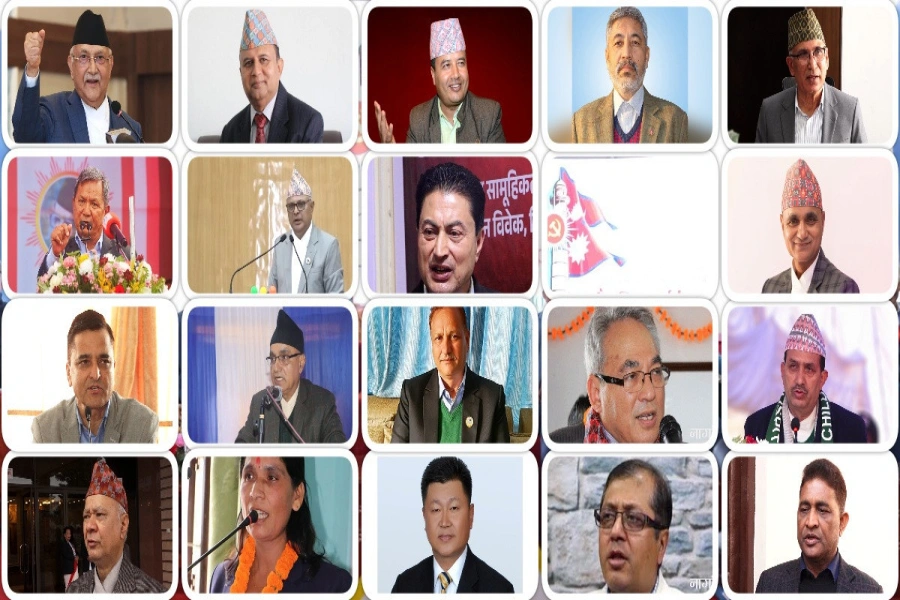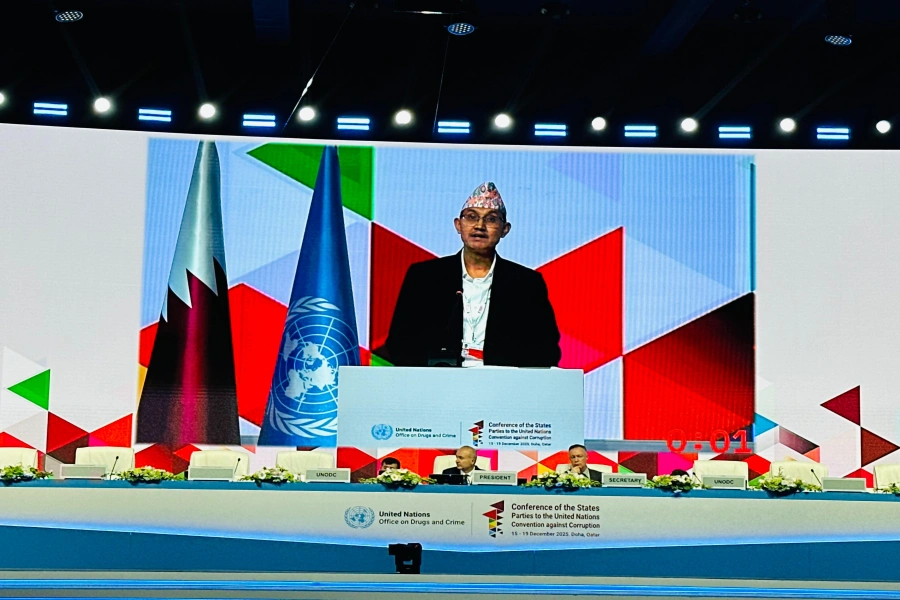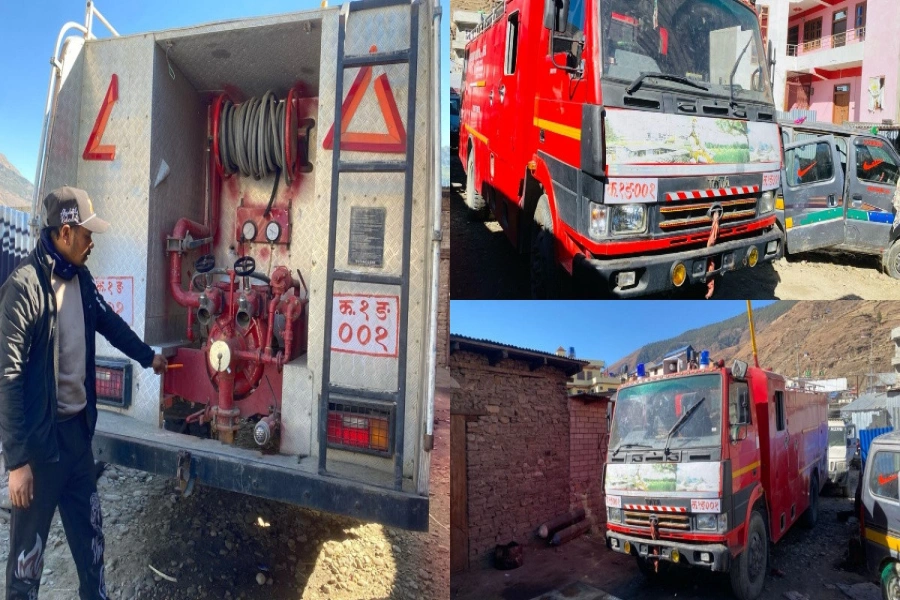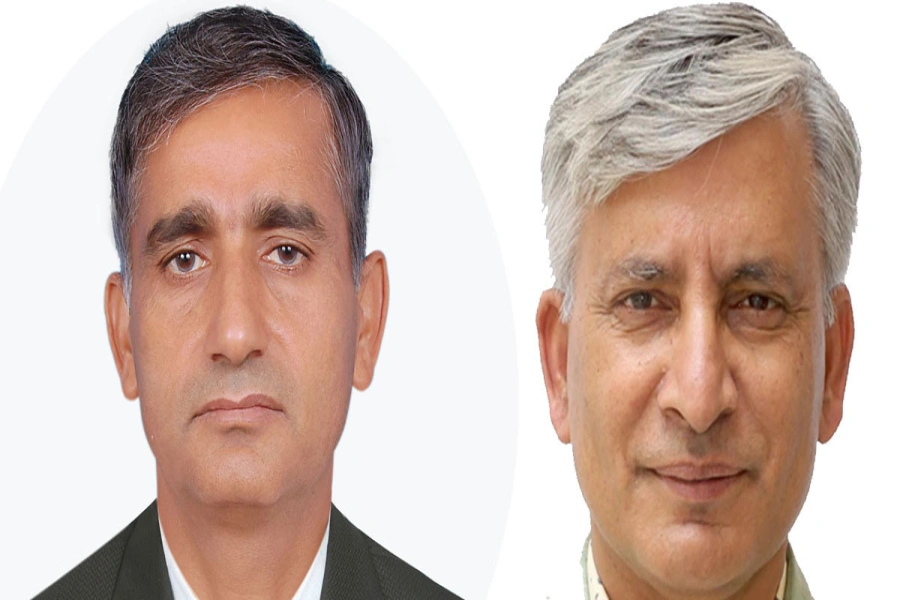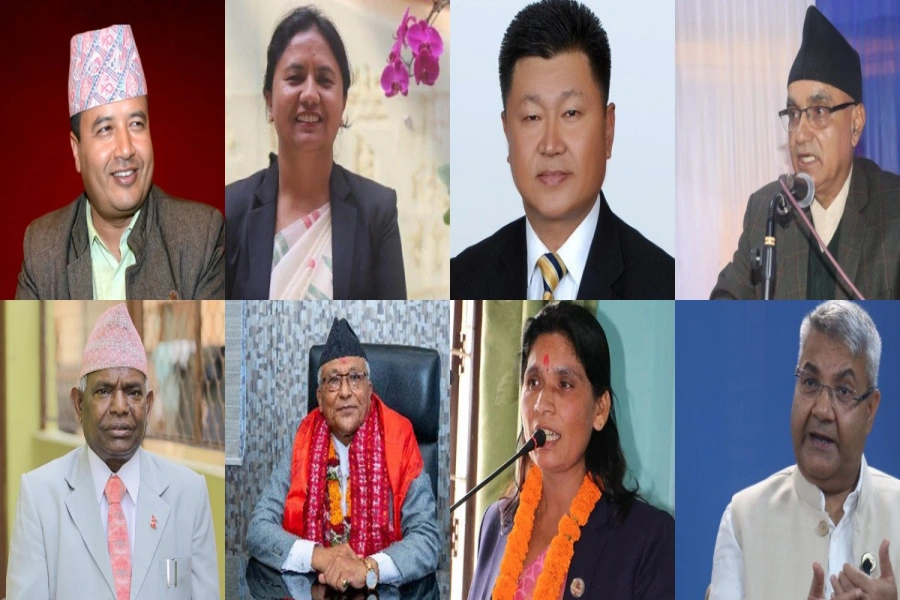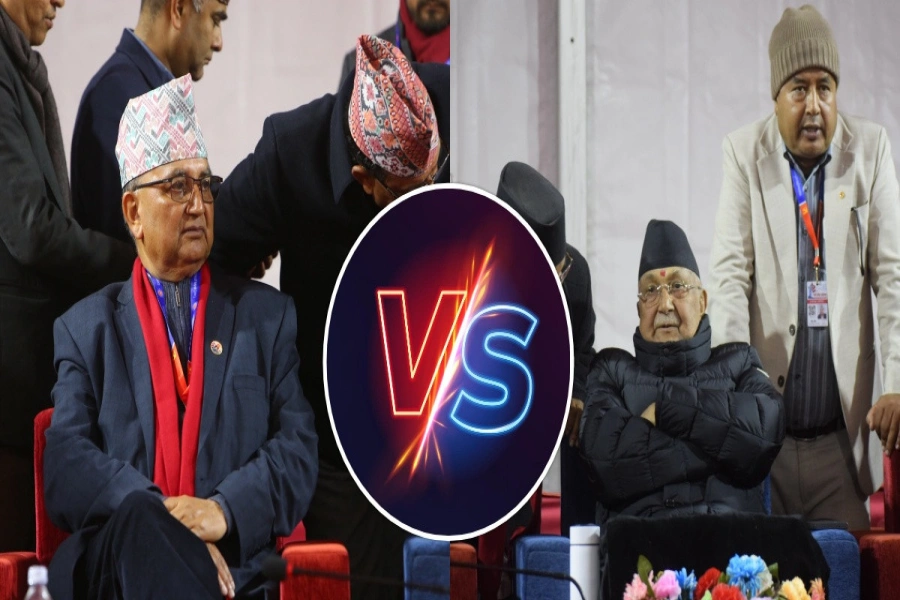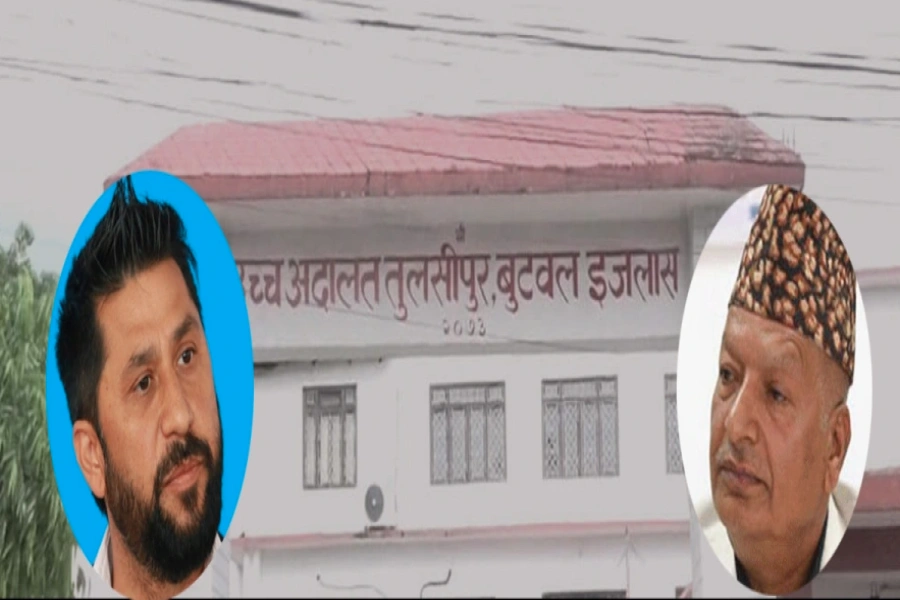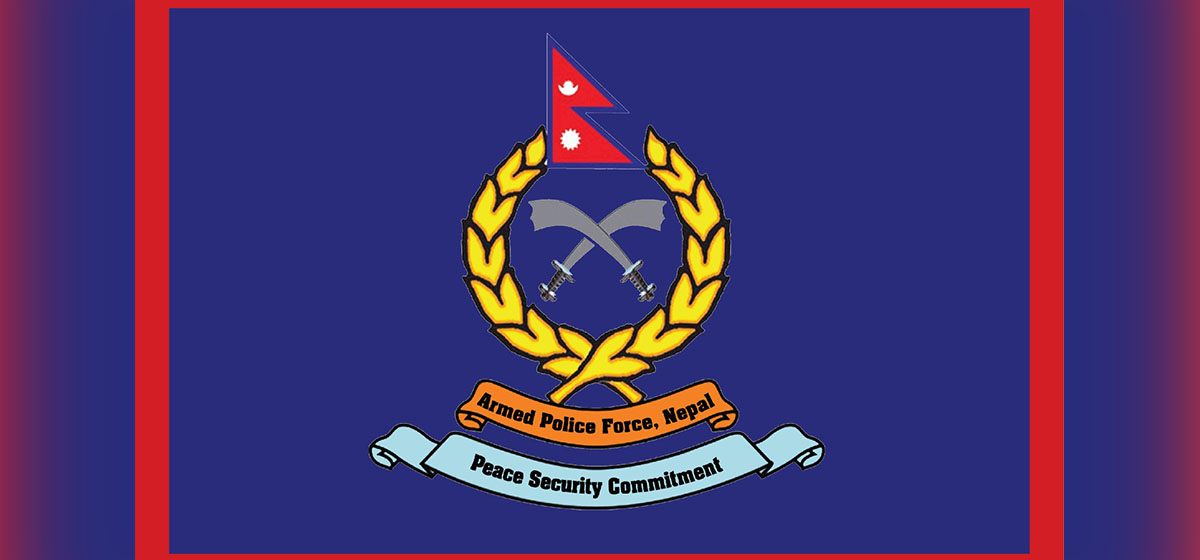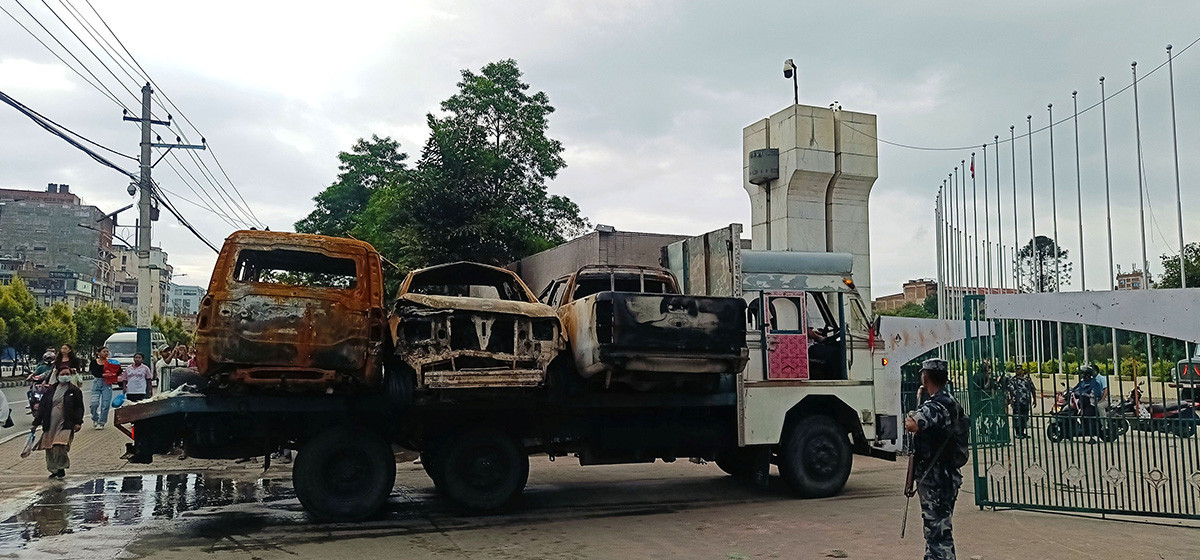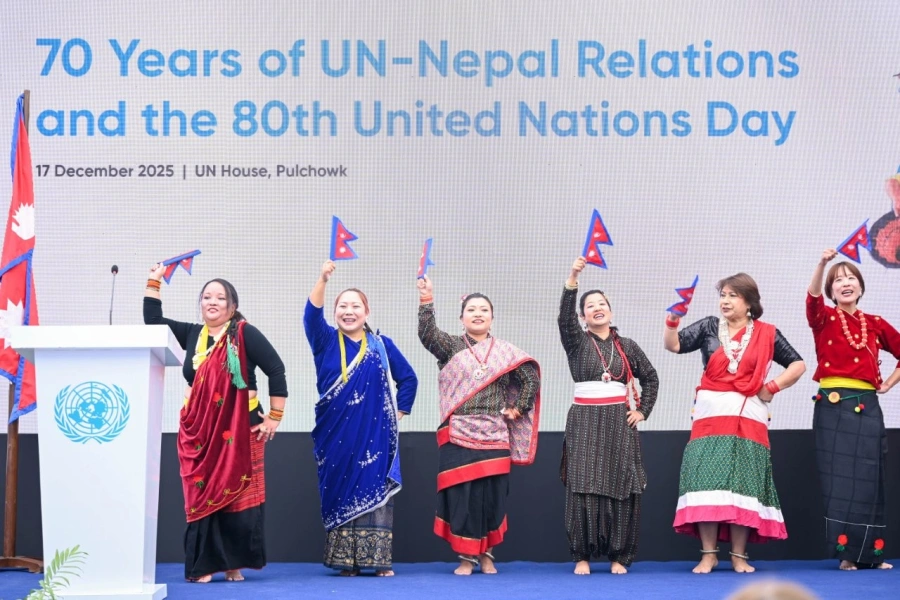Politics, a term that has unfortunately grown controversial due to its association with manipulation, deception, and competition, has been commonly misinterpreted and misused in many parts of the world. Particularly in Nepal, the political landscape intensifies this problematic perception, reducing politics to a mere power play—a game of undermining rivals to sustain personal power. Such practice not only hampers societal progress but also fosters an unhealthy, combative environment, leading the nation down a path of stagnation rather than growth.
In its purest form, politics should not be synonymous with betrayal, deception, or relentless criticism. Instead, it should be perceived as a process of orchestrating collective efforts for societal welfare and progress. However, in Nepal, the common saying, 'power tends to corrupt, and absolute power corrupts absolutely,' appears to hold sway. Politicians often prioritize the maintenance of their power above all else, even at the expense of their peers and the nation's development.
The political landscape of Nepal provides numerous instances of destructive politics—party divisions, coalition breakups, frequent leadership changes—that prioritize individual gains over the country's overarching interests. Amid this narrow focus on 'winning,' the fundamental essence of politics, as a platform for national progress through collaboration, is often overshadowed. This unhealthy fixation on personal power and survival has cultivated a political culture where the genuine purpose of politics—public service and societal development—has been buried beneath layers of self-interest and power games.
However, there have been moments in Nepal's history that serve as poignant reminders of the political collaboration. The historic peace process of 2006 is a perfect example of this when all major political forces set aside their differences and united for national peace. The promulgation of the constitution in 2015 and the endorsement of a new national map in 2020 also emerged from similar circumstances of political unity. These instances deprived international forces of any undue influence in Nepal, illustrating the profound potential of political unity. Yet, such unity is an exception rather than the rule, with petty differences often disrupting political harmony and opening avenues for external influences.
9th National Games: There is no coach in Gandaki Province

Attaining a position of power might be perceived as the ultimate goal for many politicians. Still, it's merely a step in the political journey. The capacity to drive the nation forward, to instigate and implement substantial changes for the betterment of the people, is of paramount importance. However, the 'crab mentality'—"if I can't have it, neither can you"—has found deep roots in Nepalese politics. Such an attitude is not just counterproductive but also detrimental to the nation's advancement. When politicians hinder progress simply because they aren't at the helm, the whole nation loses momentum.
The pursuit of personal power should not override the nation's progress. Regrettably, in Nepal, many politicians seem to prioritize their political ambitions over national interests. They take pride in their time in power, counting their tenures as victories, often overlooking the actual impact of their governance. Nepal has had many prime ministers and ministers throughout history, but few are remembered for their work. Do you want to be another name forgotten with time, or do you aspire to be a role model, remembered for generations? There are leaders worldwide who are revered not just by their citizens, but globally for their contributions. Notable exceptions within Nepal include the current mayors of Kathmandu and Dharan, both of whom are garnering interest and respect for their public service during their first term.
The question arises: what should be the ultimate aspiration for politicians? Is it wealth or power to bequeath to your offspring? Or is it the satisfaction of serving the public, which includes your families, relatives, and creating a legacy remembered for generations?
Self-serving tactics might seem smart and might even help you avoid getting caught, but will they ensure you're remembered for the right reasons? Most of the apex power holders in Nepalese politics are over 60. How long do they intend to hold the country hostage for personal gains?
This moment presents a historic opportunity for all politicians to emerge as national heroes, figures of admiration for future generations. For the sake of Nepal's future, it is hoped they won't squander this chance in petty greed for themselves and their families.
The narrative presented here may not be a new revelation. However, its implementation has been lacking, possibly due to a deficiency in spiritual depth among politicians and a deep-seated fear of becoming irrelevant or losing power. Aspiring or established, all politicians should remember that while power is transient, legacies are enduring.
Every political position, from a minister to the prime minister, provides an opportunity to create lasting change. The real measure of success is not how long one holds a position, but how much they achieved in that time.
Now is the time for a revolution in Nepalese politics. It's time to make a choice—to remain locked in self-serving power games or contribute to the progress of the nation, establishing a legacy that future generations can look up to. The journey to transformation may be difficult, but it's a necessary path for a prosperous, progressive Nepal. The time is ripe for change, and the hope is that Nepal's political leaders will rise to this historic occasion.



